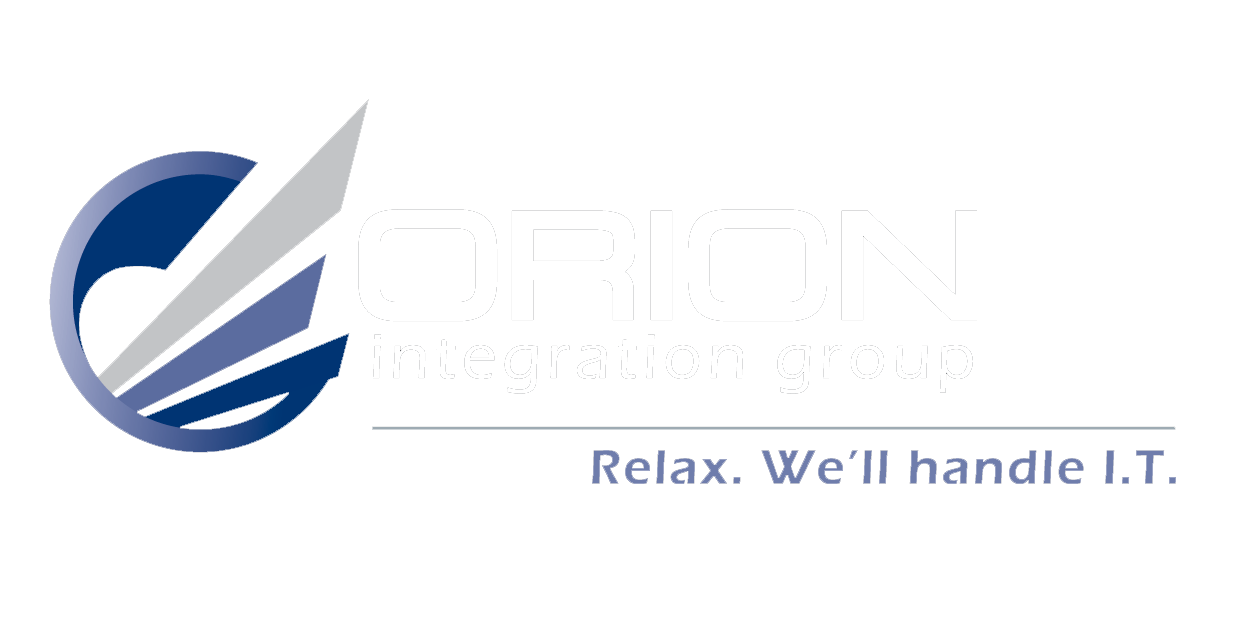Navigating the Future: Embracing IT Innovations for Business Success
In the ever-evolving landscape of business, the ability to adapt to technological advancements is paramount for success. Embracing innovations in Information Technology (IT) is not merely an option but a necessity.
The Evolution of IT Services
The landscape of IT has seen a remarkable evolution over the past several decades, moving from simple, standalone computers to highly sophisticated, integrated systems that support and drive business operations across the globe. This change has not only changed the way businesses operate but has also recalibrated the expectations and possibilities within the IT sector.
Historical Overview of IT Services
The genesis of IT services can be traced back to the adoption of the first computers in business settings, primarily for tasks such as accounting. As technology progressed, so did the complexity and scope of IT services, which expanded to include networking, data management, and software development. Each phase introduced new challenges and opportunities, propelling the industry towards more advanced and efficient solutions.
Transition Towards Cloud-Based Solutions
A significant milestone in the evolution of IT services has been the shift towards cloud computing. This model allows businesses to access and utilize computing resources over the Internet, offering flexibility, scalability, and cost savings. Cloud services have democratized access to advanced technology, enabling even small businesses to leverage powerful tools that were once the domain of larger corporations.
The Growing Demand for Managed IT Services
The increasing complexity of IT environments has fueled the demand for managed IT services. Many businesses now prefer to outsource their IT needs to specialists who can ensure optimal performance, security, and compliance. Managed IT services cover a wide range of functions, from network management and data backup to cybersecurity and helpdesk support. This model allows businesses to focus on their core competencies while leaving the intricacies of IT management to the experts.
Cybersecurity as a Foundational IT Service
As technology advances, so do the threats posed by cybercriminals. Cybersecurity has thus become a cornerstone of modern IT services. Protecting digital assets, safeguarding customer data, and ensuring the integrity of online transactions are paramount concerns that demand robust security measures. Today, cybersecurity is not just about defense but also about building resilient systems that can withstand and recover from attacks.
The evolution of IT services from basic computing to complex, integrated systems highlights the industry's dynamic nature. The transition to cloud-based solutions, the rise of managed IT services, and the crucial role of cybersecurity are pivotal developments that underline the necessity of staying abreast of technology trends to foster growth and ensure sustainability in the digital age.
The Importance of Future-Proofing Your Business Through IT
In an era where technology evolves at an unprecedented pace, the ability of businesses to adapt and integrate the latest IT solutions into their operations is not just advantageous – it's imperative. Future-proofing, the process of anticipating and preparing for future developments to mitigate risks, is a critical strategy for businesses aiming to thrive in the digital age.
Competitive Advantages of Cutting-Edge IT
Adopting advanced IT solutions offers businesses a slew of competitive advantages. Primarily, it enhances efficiency and productivity by streamlining operations and reducing downtime. For instance, cloud computing allows employees to access data and applications from anywhere, fostering a more flexible and mobile workforce. Leveraging the latest IT technologies can also improve customer experience; faster, more reliable services enabled by superior technology can significantly boost customer satisfaction and loyalty.
Risks Associated with Outdated IT Systems
On the flip side, failure to update IT systems poses significant risks. Outdated technology is often incompatible with newer systems, leading to integration issues that can hamper productivity. Older systems are more vulnerable to cyberattacks, as they may lack the advanced security features of modern solutions. Such vulnerabilities not only risk data breaches but can also lead to loss of customer trust and hefty regulatory fines. Businesses that fail to keep up with IT developments risk being outpaced by competitors, resulting in lost market share.
Cost-Benefit Analysis of Investing in Future IT Infrastructure
While the upfront costs of upgrading IT infrastructure may seem daunting, a thorough cost-benefit analysis reveals the long-term savings and revenue opportunities that outweigh initial investments. For example, modernizing IT systems can reduce maintenance costs associated with older, less efficient technology. Investing in future-proof IT solutions can open new revenue streams; data analytics, for instance, can provide insights that drive more targeted, effective marketing strategies. Ultimately, the cost of future-proofing pales in comparison to the potential costs of stagnation or, worse, obsolescence.
The importance of integrating the latest IT trends into business operations cannot be overstated. Future-proofing through smart IT investments not only offers a competitive edge but also serves as a defense mechanism against the risks of outdated technology. As such, businesses committed to growth and sustainability must prioritize staying at the forefront of IT developments—a crucial assurance of their relevance in an ever-evolving digital landscape.
Cutting-Edge IT Solutions for Modern Businesses
In today's rapidly evolving digital landscape, businesses that leverage cutting-edge IT solutions not only secure their present operations but also chart a bold path into the future. Advanced technologies, such as cloud services, managed cybersecurity, VoIP, artificial intelligence (AI), and machine learning (ML) integrations, are reshaping the foundation of business IT infrastructure, offering unprecedented advantages.
Overview of Advanced Cloud Services
The cloud has revolutionized the way businesses manage and process data, offering scalable, flexible, and cost-effective solutions. Advanced cloud services, including Infrastructure as a Service (IaaS), Platform as a Service (PaaS), and Software as a Service (SaaS), provide businesses with tailored options that fit various operational needs. The flexibility of cloud services allows enterprises to scale their IT infrastructure up or down based on demand, ensuring they never pay for more than they use. Cloud computing facilitates easier collaboration and accessibility, enabling employees to work efficiently from any location.
The Significance of Managed Cybersecurity in Protecting Against Evolving Threats
As cyber threats become more sophisticated, the role of managed cybersecurity services has grown in importance. These services offer a proactive approach to protecting business networks, data, and systems from cyberattacks. By leveraging advanced security technologies and expert knowledge, managed cybersecurity providers can identify vulnerabilities, monitor threats in real time, and respond swiftly to incidents, minimizing potential damage.
The Benefits of VoIP Technologies Over Traditional Phone Systems
Voice over Internet Protocol (VoIP) technology allows businesses to make telephone calls over the Internet, presenting a more cost-effective and feature-rich alternative to traditional phone lines. With VoIP, companies can access a wide range of features, such as call forwarding, voicemail to email, and video conferencing, which enhance communication and collaboration among teams and with clients.
Integrating AI and Machine Learning for Enhanced Efficiency and Security
The integration of AI and ML technologies within business operations and IT security strategies carries the potential to drive significant efficiencies and bolster security. AI-powered tools can automate mundane tasks, freeing up employees for higher-value work, while ML algorithms can analyze patterns in vast datasets to forecast trends, enabling data-driven decision-making. In cybersecurity, AI and ML can help detect and neutralize threats faster than humanly possible, providing an additional layer of security protection.
Embracing cutting-edge IT solutions is not an option but a necessity for businesses aiming to remain competitive and future-proof in the modern era. The adoption of advanced cloud services, managed cybersecurity, VoIP technologies, and AI and ML integrations can usher in a new age of efficiency, innovation, and security, setting the stage for sustainable growth and success.
Ready to take your business to the forefront of IT innovation? Contact Orion Integration Group, we specialize in providing advanced cloud services and top-tier managed cybersecurity solutions tailored for the modern enterprise.




